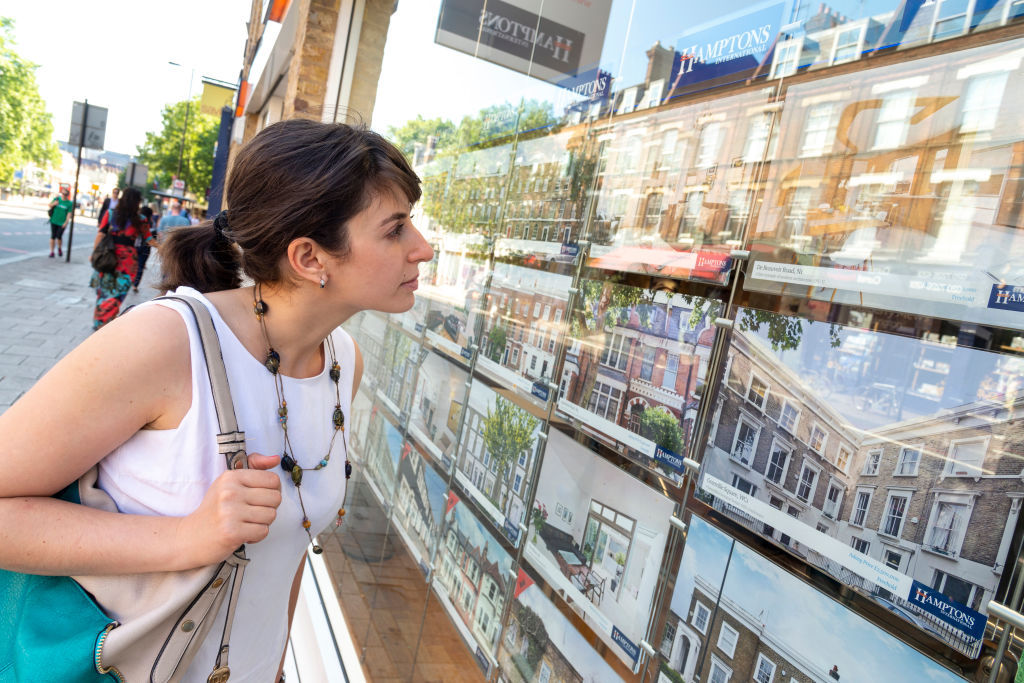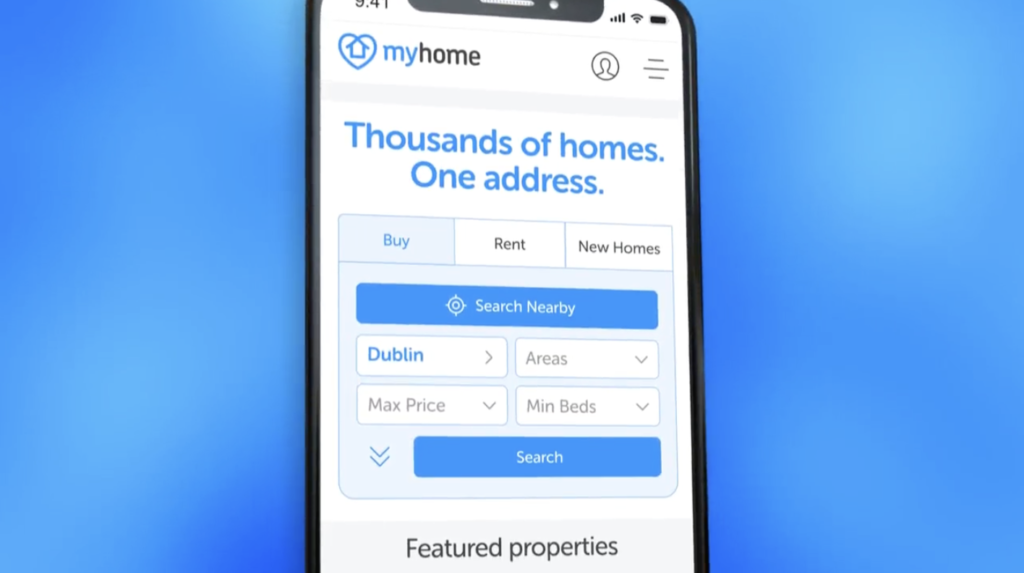The biggest and often the first obstacle any first-time buyer will meet is the deposit - that percentage of the house price that your bank requires you to source yourself. It's a significant outlay and one that potential homeowners have a great fear of - but it is a realistic goal. How quickly you get there is dependent on your ability to curb your spending and start saving.
To successfully do this you really need to track your spending over a couple of months. Keep all your receipts and at the end of each month tally your income and your outlays and this will give you a map of your spending and where you may be able to cut some costs. There are several useful budgeting tools. The Money Advice and Budgeting Service (MABS.ie) have a budgeting tool and spending calculator that will help you structure this to your personal needs while most banking apps these days can track your ins and outs and categorise it based on what areas you are spending.
Set goals and stick to them. You should set up a savings plan for a 12- to 18-month period to realistically be able to accrue a decent capital sum and remember that all work and no play makes one dull, so inject a little of the 80:20 diet principle into your savings plan - that is, save 80 per cent of the time and indulge in a little low-key spending 20 per cent of the time.
WAYS TO SAVE
1. THE RENTAL DILEMMA
Your rental income is probably the biggest monthly outlay you have. The latest rent index from the Residential Tenancies Board shows the average cost of renting a home nationally is now €1,482. The average cost of renting a home in Dublin is even dearer at €2,022. The average rent in Cork City is now €1,413 with Galway City averaging out at €1,567 while in Limerick City it is €1,325. Waterford is the cheapest of the main urban centres where the average rent is €1,141 per month.
All of this is simply further encouragement to buy. While that may make financial sense, there is the rather significant hurdle of the deposit to save for. A smart move, for those that can, is to return to the family home. Discuss with parents the idea of a temporary move back into the family home for a fixed period, of 12 to 18 months, with the agreement that you still pay rent (albeit a smaller sum) and bills, and bank the savings into a separate account. In the short-term this is an achievable goal.
2. RENT A ROOM
You can rent out a room, or rooms, for up to €12,000 per annum with no income tax liability. This is a smart move for families with a spare room that are trying to trade up. If you don’t have a spare room you could convince small children to share a room by explaining that once the family has saved up enough money to move each child will get his or her own room to decorate as they wish. You may be pleasantly surprised how receptive they will be to this offer, as long as it is for a finite amount of time. You also get bonus points for teaching them about saving techniques. Airbnb is another option - you could rent out the home while you visit your parents for the weekend and bank the income.
3. DOWNSIZE
If you can’t move home then consider downsizing from the apartment you’re in and bank the cost difference. A house-share might be a more prudent option and you may make some new friends into the bargain.
4. GETTING TO WORK
If you live in an urban environment ditch the car in favour of public transport and use a Leap Card to budget your monthly usage. Or better still, buy a bike. If you’re an employee, explore the tax breaks on a brand new purchase. You can find second-hand bikes on sites like Adverts.ie and DoneDeal.ie. This is a realistic option if your commute is less than 7kms. The potential savings include parking costs, potential clamping charges and time. Plus, you get fit on your commute, which gives you more free time. It also means you can ditch the expensive gym membership.
If living in a rural area, a smarter move might be to try and car share. Sign up to the websites CarSharing.ie and CarPoolWorld.com to search for possible lifts. You could also politely ask someone you know, who is going your way, to give you a lift if you can agree on costs.
5. TAKE A HOLIDAY FROM VACATIONS
Tot up how much you spent on holidays, weekends away and day trips in the last three years to find your average getting away expenditure and then take a holiday from holidays for 12 months and bank the savings. This is doable and will really help push you towards your goal.
EATING AND DRINKING
6. BYOL
A sandwich can cost as much as €6 per day (or more!). Over a 28-day cycle you can save up to €120, which over 12 months amounts to as much as €1,440. Bring your own lunch (BYOL) to work.
7. DINNER'S READY
Ditch expensive ready meals and develop a menu plan for the week instead. Only buy what you are going to use. A slow cooker is a great investment - it means you will have hot meals ready to eat when you put your key in the door at night. And use leftovers to form the components of the next day’s meal. Once you get into this groove you can cook quadruple the amount of casseroles and stews and freeze three, thereby building up a store cupboard of meals that are ready to go, for those nights when you work late and come home ravenous.
8. CAFFEINE FIX
If you buy a coffee every morning, at an average price of €5 per drink, you could save up to €1,200 per annum by making your own instead.
9. YOUR ROUND
Avoid the round system. Just pay for your own drinks and limit your intake.
HOME
10. THE WEEKLY SHOP
We throw out up to 30 per cent of the food we buy. Before you go shopping write a list and shop once a week at a supermarket. Buy staples in bulk, especially when they’re on offer, and never shop when you’re hungry.
11. UTILITIES
Make sure your bills are real amounts and not estimates and text or mail in readings to ensure a true sense of your usage. Then shop around for deals and when you sign up to one put a reminder into your phone to cancel it in advance of the end of the offer, freeing you to move on to the next deal. Check that you are using the cheapest method of payment as some utility companies will give discounts if you pay by direct debit.
Limit your heating use to timed periods. Don’t leave the TV or other appliances on standby; they are still consuming a small amount of electricity.
The Sustainable Energy Authority of Ireland has an energy survey that will help highlight where savings can be made. Switcher.ie will help you compare the offers made by the various companies.
12. LIGHTS OUT
Switch off lights when you leave a room. Install energy-saving bulbs or LEDs in every light source, to reduce energy consumption. Turn off lights that you don't require and consider a pre-paid electricity card.
13. LAUNDRY
Clothes should be washed at the lowest appropriate temperature for the fabric type. Always try to fill the washing machine, as a full load is more energy efficient than several smaller ones. At this time of year try dry your clothes outside instead of using the drier.
14. TELEPHONE
Go through your mobile phone bill and get rid of any extras you’re paying for and not using. Ask yourself if, in 2023, do you still need a landline? Its fixed monthly charges could offer another potential lump sum saving.
FAMILIES WITH CHILDREN
15. PRESENT SENSE
If you have kids of school-going age talk to the other parents about putting a cap on monies spent on birthday presents for parties.
For friends and family you can shop smart and cut down on the gift-giving at Christmas by doing Kriskindle, or volunteer the gift of labour in lieu of a physical present, so if your mother needs her kitchen repainted then offer to spend the time doing it as her birthday or yuletide present.





